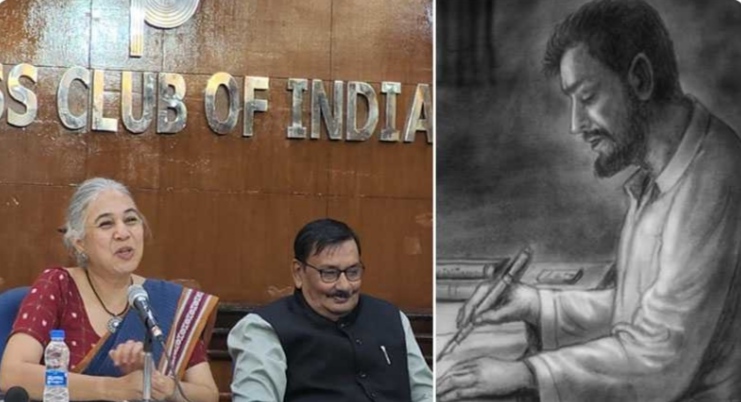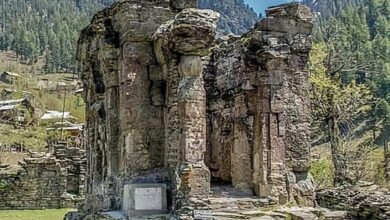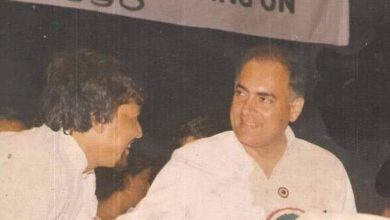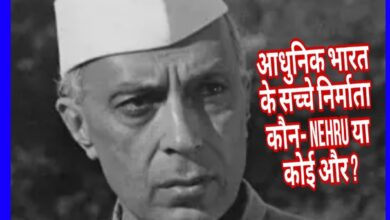PCI remembers a great revolutionary freedom fighter journalist who waged relentless struggle against the imperialist British sacrificing himself being blown into pieces by cannon

The Press Club of India the other day organised a seminar 167 th Martyrdom of freedom fighter, writer and journalist Maulvi Mohammed Baker who relentlessly resisted the imperialist British laws to ban the media, its independence and freedom of expression during 1857.
Good number of journalists, writers, intellectuals , his family members and members of Press club of India participated in this event held at Press Club of India auditorium at Raisina Road New Delhi.
On this ocassion renowned historian and the author of THE BROKEN SCRIPT has shed light on the works and struggle of the pioneer of spot and investigative journalism in the 18 th century when the entire nation was struggling for seeking independence from the British colonial yoke.
Highlighting the immense contribution of Maulvi Baker for publishing his Urdu newspaper collecting all the investigative news revealing the various political, social and freedom struggles Dr. Swapna Liddle lauded his contribution as outstanding and exceptional with fearlessness when there was no media freedom, no facility and tremendous imperialistic pressure on him.
While paying her respectful tributes she said that Maulvi Baker’s contribution to freedom struggle through his Urdu newspapers highlighting the activities of freedom fighters and their relentless struggle writing against the imperialist British is unique and unparalleled as he never compromised with them but preferred to be tied in front of the cannon and get himself blasted into pieces.
This was indeed a most sacrificial martyrdom of a revolutionary scribe and writer said Dr. Liddle while paying her emotional tributes to this great writer, journalist and freedom fighter of the 18 th century.
Historian Liddle emphasises how Maulvi Baqir became a voice of resistance against British rule, making him an important figure in the revolt of 1857 and the history of Indian journalism.
According to Dr. Liddle, Maulvi Baqir’s work provides invaluable messages for today’s journalists. His views on British rule, racial discrimination, job inequalities and exploitation of India’s wealth laid a foundation that is still relevant today.
While presiding over the programme, PCI President Gautam Lahiri described Maulvi Baqar as the pioneer of Indian journalism.
Appealing journalists for introspection within the media industry, Lahiri said, “It is unfortunate that instead of reaching the level of journalism that Bakar did, we are lagging far behind.”
Lahiri also stressed the importance of protecting institutions like the PCI, which he described as the cornerstone of Indian politics and modern history adding, “This land was given to us by our first prime minister and it was also the residence of former prime minister Indira Gandhi for some time. We must protect both the building and the institution, as well as maintain the constitutional values it stands for.”
Senior journalist AU Asif, a former member of the PCI management committee, praised Baqar’s pioneering work in investigative journalism and ground reporting. He emphasised how Baqar’s journalistic integrity set a lasting example for future generations.
The seminar cum tribute paying event was followed by a discussion that focused on Baqar’s legacy and the challenges facing Urdu journalism today. Panelists included freelance multimedia journalist Suhail Akhtar, News18 Urdu anchor and writer Munaza Shah, and Siyasi Taqdeer and Qaumi Awaz reporter Tasleem Raza.



